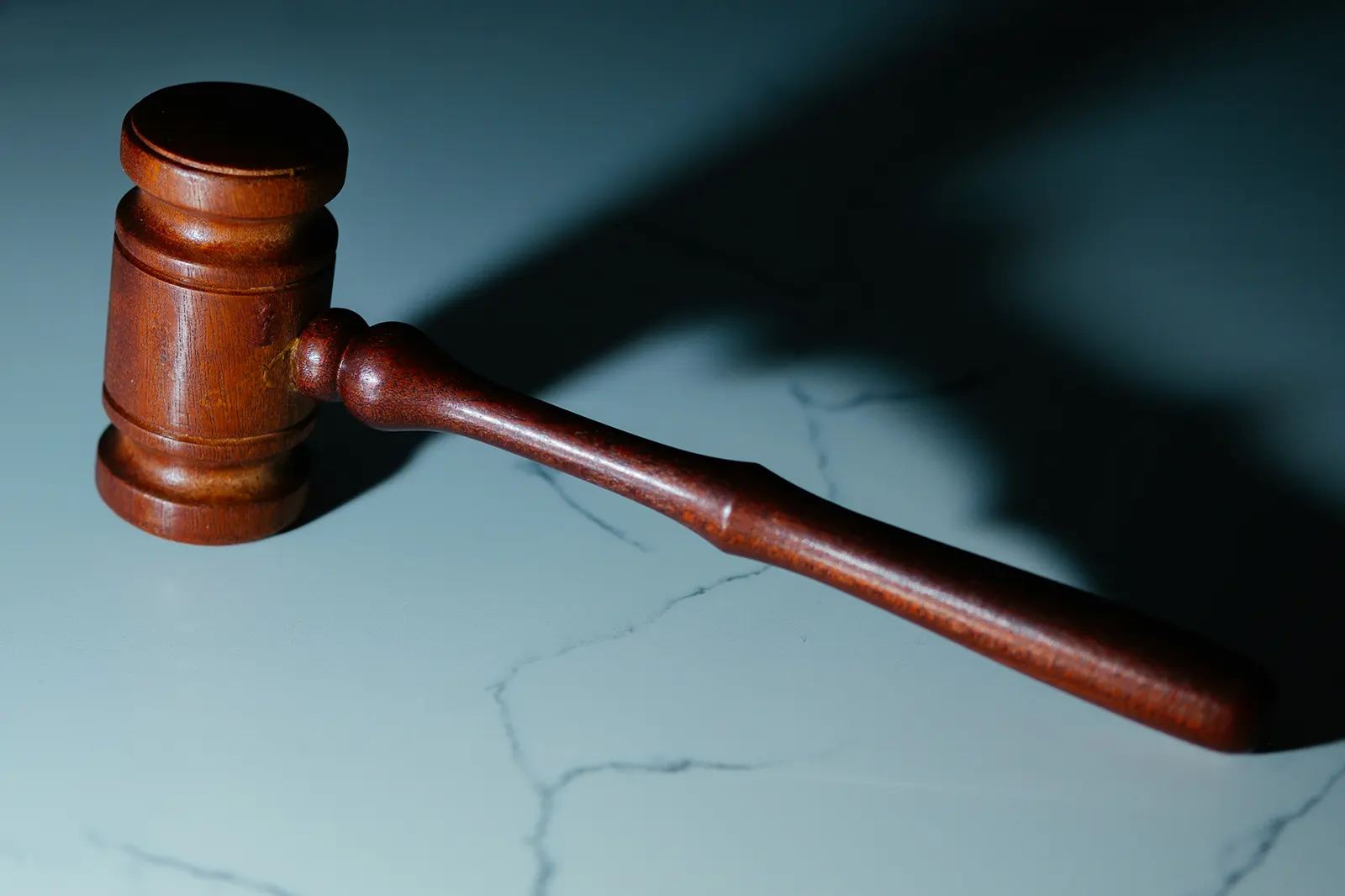Understanding Fiduciary Duties of Corporate Officers and Directors
- October 17, 2024
Understanding Fiduciary Duties of Corporate Officers and Directors
In the realm of corporate governance, the concept of fiduciary duty holds significant importance. For corporate officers and directors, understanding and adhering to fiduciary duties is not only a legal obligation but also a cornerstone of ethical business practices. These duties, rooted in common law and statutory requirements, are designed to ensure that those in positions of power act in the best interests of the corporation and its shareholders. This article delves into the various facets of fiduciary duties, exploring their legal foundations, practical implications, and the consequences of breaches.
The Nature of Fiduciary Duties
Fiduciary duties are obligations that require individuals in positions of trust to act with loyalty, care, and good faith towards those they represent. In the context of corporate governance, these duties are primarily owed by corporate officers and directors to the corporation and its shareholders. The two primary fiduciary duties are the duty of care and the duty of loyalty, each encompassing specific responsibilities and standards.
Duty of Care
The duty of care mandates that corporate officers and directors make decisions with the level of diligence, care, and skill that a reasonably prudent person would exercise in similar circumstances. This duty requires decision-makers to be well-informed, to deliberate thoroughly, and to act in a manner that is rational and informed.
Key aspects of the duty of care include:
- Informed Decision-Making: Officers and directors must base their decisions on adequate information. This involves conducting thorough research, consulting experts, and understanding the implications of their decisions.
- Business Judgment Rule: Courts generally apply the business judgment rule, which provides a presumption that directors and officers acted in good faith and in the best interest of the corporation. This rule protects them from liability for decisions made in good faith, even if those decisions turn out to be unwise or unsuccessful.
- Avoiding Negligence: A breach of the duty of care may occur if an officer or director fails to act with reasonable diligence or if their actions are characterized by gross negligence.
Duty of Loyalty
The duty of loyalty requires corporate officers and directors to put the interests of the corporation and its shareholders above their own personal interests. This duty is fundamental to maintaining trust and preventing conflicts of interest.
Key aspects of the duty of loyalty include:
- Avoiding Conflicts of Interest: Officers and directors must avoid situations where their personal interests conflict with the interests of the corporation. This includes not engaging in self-dealing or taking advantage of corporate opportunities for personal gain.
- -Disclosure Requirements: When a potential conflict of interest arises, officers and directors are required to disclose the conflict to the board of directors and, in some cases, to shareholders. Transparency is crucial for maintaining trust and ensuring that conflicts are managed appropriately.
- Corporate Opportunities Doctrine: Officers and directors are prohibited from exploiting business opportunities that rightfully belong to the corporation. This doctrine prevents them from diverting opportunities that could benefit the corporation for their own personal gain.

Legal Framework and Jurisprudence
The fiduciary duties of corporate officers and directors are governed by a combination of common law principles and statutory provisions. The specific legal framework may vary depending on the jurisdiction and the type of corporation. However, several key principles are commonly applied across different legal systems.
Common Law Principles
At common law, fiduciary duties are derived from traditional legal principles that have evolved over time. These principles are rooted in equity and are designed to address situations where individuals in positions of trust must act in the best interests of those they serve.
- Duty of Loyalty: Common law fiduciary duties emphasize the need for loyalty and the avoidance of conflicts of interest. Historical cases, such as *Meinhard v. Salmon*, have established foundational principles regarding the duty of loyalty.
- Duty of Care: The common law duty of care requires directors and officers to act with the same level of care that a reasonably prudent person would exercise in similar circumstances. Landmark cases, such as *Smith v. Van Gorkom*, have shaped the understanding of this duty.
Statutory Provisions
In addition to common law principles, many jurisdictions have enacted statutes that define and clarify fiduciary duties. For example:
- Model Business Corporation Act (MBCA): In the United States, the MBCA provides a comprehensive framework for corporate governance, including the fiduciary duties of officers and directors. The MBCA outlines the standards for the duty of care and the duty of loyalty.
- Delaware General Corporation Law (DGCL): Delaware, known for its business-friendly legal environment, has its own statutory provisions governing fiduciary duties. The DGCL is frequently referenced in corporate litigation and provides detailed guidance on the expectations for officers and directors.
Practical Implications and Challenges
Understanding fiduciary duties is crucial for corporate officers and directors, not only for compliance with legal requirements but also for maintaining effective governance and fostering shareholder trust. However, fulfilling these duties can present several practical challenges.

Decision-Making Processes
Corporate officers and directors must navigate complex decision-making processes while balancing various interests. Effective governance requires:
- Gathering and Analyzing Information: Officers and directors should ensure that they have access to accurate and comprehensive information before making decisions. This may involve consulting with legal and financial experts.
- Evaluating Risks and Benefits: Decision-makers must weigh the potential risks and benefits of their choices. This involves considering both short-term and long-term implications for the corporation.
- Documenting Decisions: Proper documentation of decision-making processes helps demonstrate that decisions were made in good faith and with due diligence. This documentation can be critical in defending against claims of breach of fiduciary duty.
Managing Conflicts of Interest
Conflicts of interest are a common challenge in corporate governance. To effectively manage conflicts:
- Implementing Policies and Procedures: Corporations should establish clear policies for identifying and addressing conflicts of interest. These policies should outline procedures for disclosure and management of conflicts.
- Regular Training: Officers and directors should receive regular training on conflict of interest policies and the importance of transparency.
- Independent Oversight: In some cases, independent committees or advisors may be necessary to review and address potential conflicts of interest.
Enforcement and Consequences
Breaches of fiduciary duties can have serious consequences for corporate officers and directors. Enforcement mechanisms and remedies for breaches include:
Legal Actions
- Derivative Suits: Shareholders may bring derivative suits on behalf of the corporation to address breaches of fiduciary duties. These suits seek to remedy harm done to the corporation and can result in damages or other remedies.
- Direct Actions: In some cases, shareholders or other parties may bring direct actions against officers or directors for breaches of fiduciary duties.
Remedies and Penalties
- Damages: Courts may award damages to the corporation or shareholders as a remedy for breaches of fiduciary duties. These damages can include compensatory damages for losses suffered.
- Disgorgement: In cases of self-dealing or unjust enrichment, courts may order officers or directors to disgorge profits obtained through breaches of fiduciary duties.
- Injunctions: Courts may issue injunctions to prevent ongoing or future breaches of fiduciary duties.
- Disqualification:In severe cases, officers or directors may be disqualified from serving in similar positions in the future.
Conclusion
The fiduciary duties of corporate officers and directors are fundamental to effective corporate governance and the protection of shareholder interests. Understanding and adhering to these duties is essential for maintaining ethical standards and legal compliance. By recognizing the importance of the duty of care and the duty of loyalty, navigating the legal framework, and addressing practical challenges, corporate leaders can fulfill their responsibilities and contribute to the long-term success of the corporation. As corporate governance continues to evolve, ongoing education and vigilance will remain key in upholding fiduciary duties and ensuring the integrity of corporate leadership.
Just as Global Legal Law Firm possesses a comprehensive understanding of the intricate realm of electronic payment processing and its associated regulations, we have also extensively explored the complexities of the financial world, particularly within the domain of payment processing. Our commitment aligns with our mission in electronic payment processing litigation: to offer invaluable insights and expert guidance.
In an industry grappling with the challenges of excessive chargebacks and the Mastercard MATCH list, our seasoned experts are poised to provide steadfast support. Rather than navigating this evolving landscape alone, rely on our expertise to illuminate your path forward. Our dedication is to ensure that you remain informed and protected in this dynamic environment, safeguarding your interests at every step.
Recommended Posts
-

How to Maintain Fintech Compliance
The fintech industry is highly regulated [generally at the state level,...
Read More -

What Is a Business Divorce?
Like any other relationship, business partnerships can also come to an...
Read More -

Suing for Breach of Contract: What You Need to Know Before Filing a Lawsuit
Business dealings rely on contracts. When one party doesn’t fulfill their...
Read More